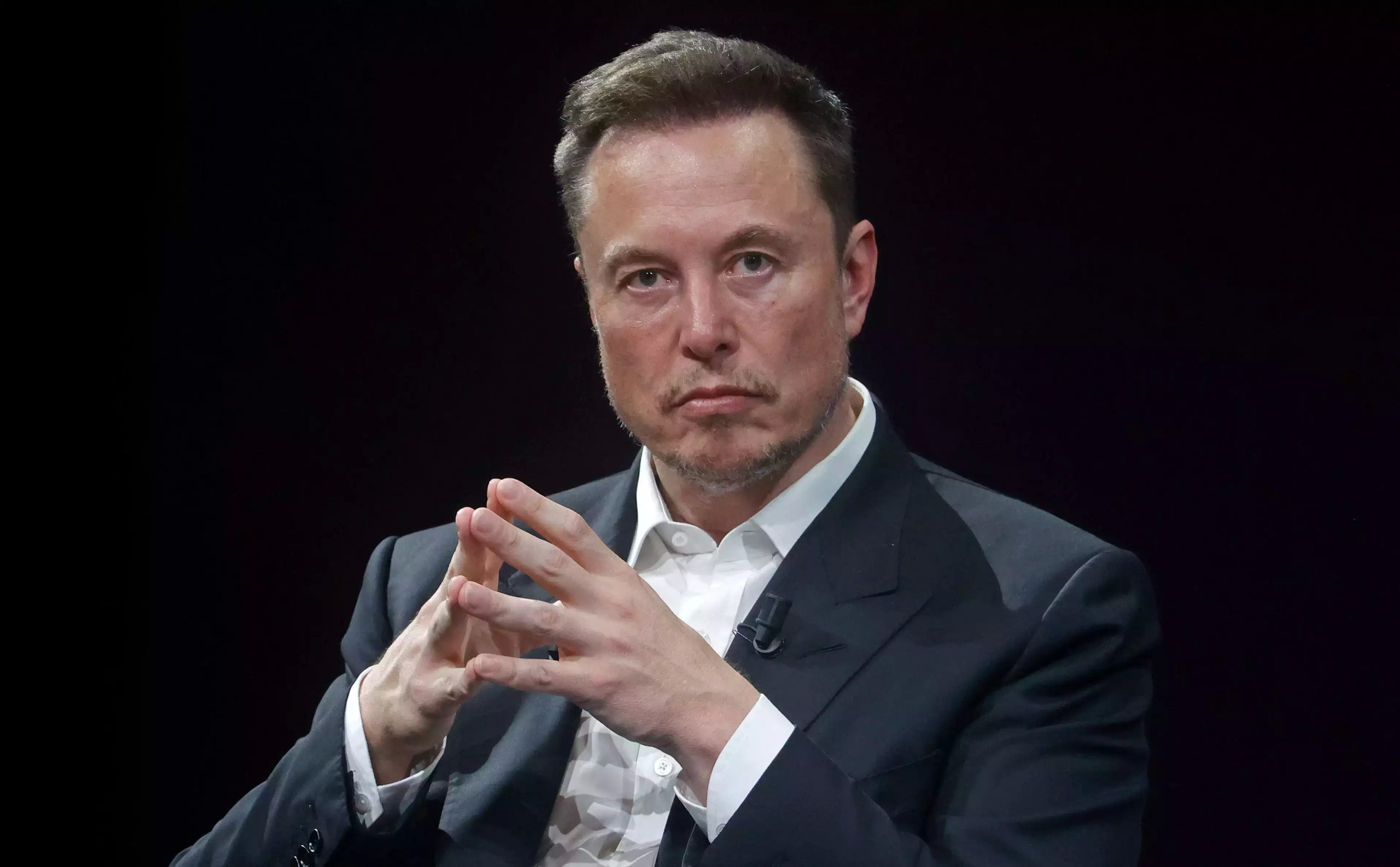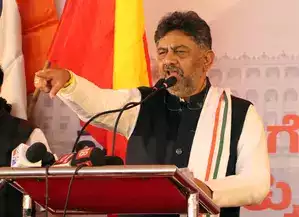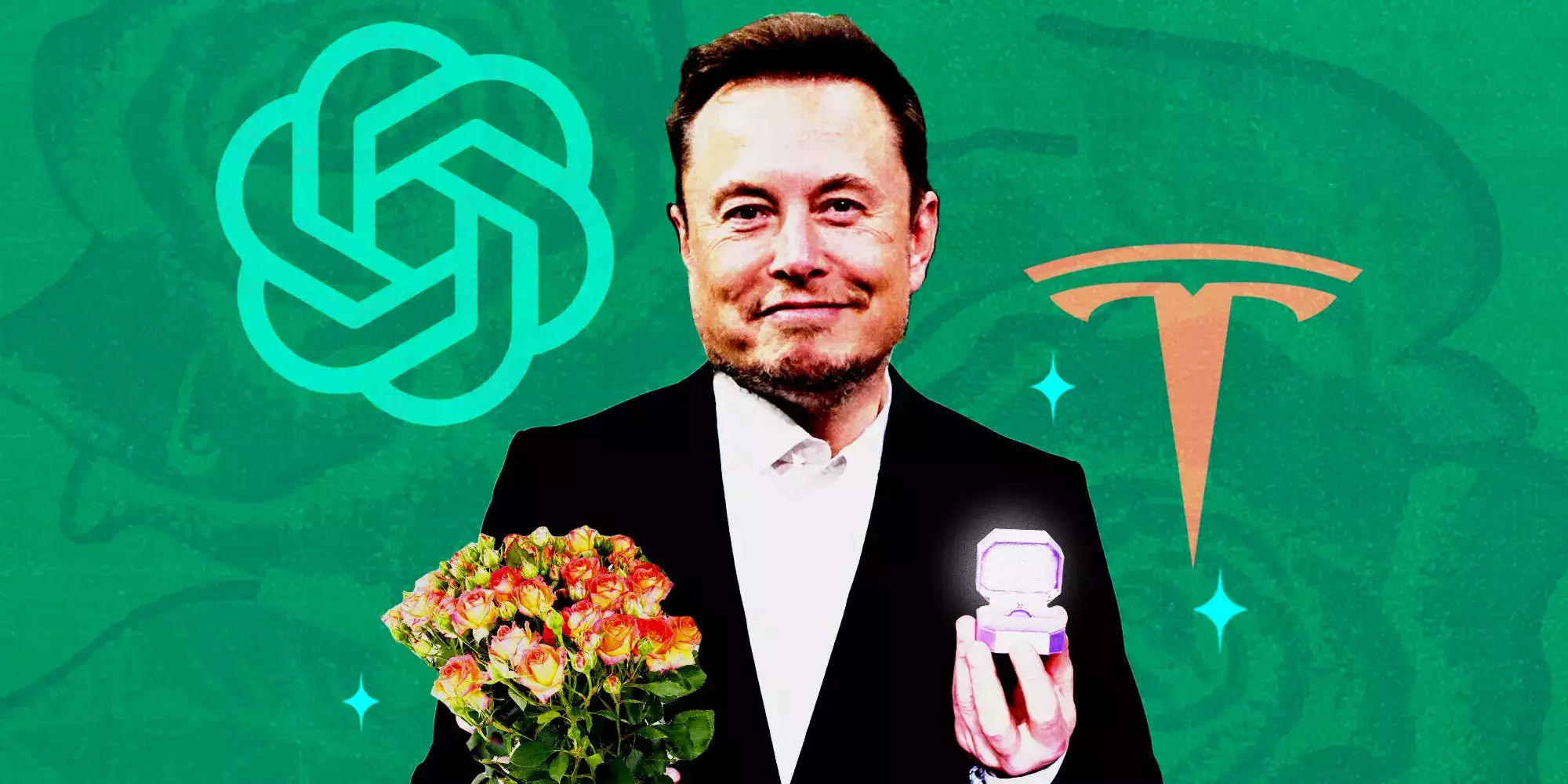Ireland’s Prime Minister Leo Varadkar called for incitement to hatred legislation to be updated as riots broke out in Dublin this week, following a violent knife attack at a primary school. The attack left a 5-year-old girl and a school care assistant in critical condition, leading to widespread violence and chaos in the city center.
Elon Musk, the CEO of Tesla and SpaceX, responded to Varadkar’s comments by accusing the Prime Minister of “hating the Irish people.” The incident sparked a heated debate, with Musk claiming that the Irish government cares more about media praise than its own citizens.
The chaos and violence that erupted in Dublin were linked to social media accounts run by anti-immigration campaigners, who quickly labeled the suspect in the stabbings as a foreigner. This led to further online incitement and spread of hate speech, prompting Varadkar to call for modernization of the country’s incitement to hatred legislation.
Elon Musk’s comments, however, were criticized in light of the hate speech and misinformation that has proliferated on the X platform (formerly Twitter) since his takeover. Critics accused Musk of allowing hate speech against various groups to flourish on the platform, which further fueled the debate on social media regulation and accountability.
Ultimately, the incident shed light on the need for updated legislation to address incitement to hatred in the age of social media, as well as the responsibility of online platforms and individuals to prevent the spread of hate and violence.

I have over 10 years of experience in the cryptocurrency industry and I have been on the list of the top authors on LinkedIn for the past 5 years. I have a wealth of knowledge to share with my readers, and my goal is to help them navigate the ever-changing world of cryptocurrencies.










